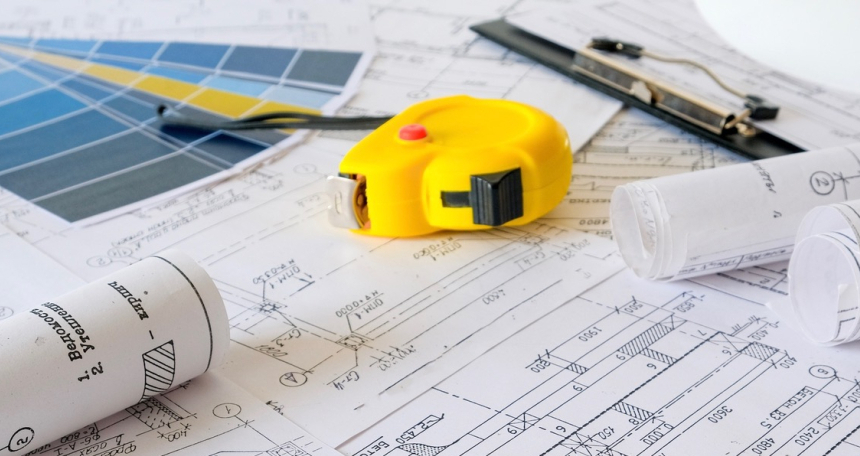
- Prospective homeowners plan to spend over £35,000 on renovations, with 39% anticipating even higher costs
- Buyers are also keen to make eco-friendly changes, with energy-efficient fittings (22%), solar panels (20%), and new insulation (18%) front of mind for prospective buyers
- However, high costs and lack of practical support could put the brakes on much needed retrofitting
Prospective homebuyers are preparing to invest substantial amounts in retrofitting and renovating their properties, with the average expected expenditure exceeding £35,000 (£35,523). Notably, 39% of respondents plan to spend even more than this amount.
Mortgage Advice Bureau’s new data found that buyers are focusing on both aesthetic and functional improvements, with the most common upgrades including decorating or painting (28%) and buying new furniture (22%). However, it seems many are also keen to incorporate energy efficient upgrades as part of their renovation plans. A fifth (22%) plan on installing energy efficient fittings, 20% of respondents plan to add solar panels, while 18% are aiming to improve insulation in the property. This data reflects a growing commitment among homebuyers to enhance energy efficiency, modernise living spaces, and reduce their environmental impact.
This trend aligns with Mortgage Advice Bureau’s research last year, which found that 36% of potential homebuyers consider a higher EPC rating important for eco-friendly living. Despite the previous government pushing back the deadlines for upgrading properties to better EPC ratings, many landlords and homeowners understand the long-term benefits of making their properties more energy efficient. In fact, 22% of prospective buyers are hopeful that these energy efficient upgrades could lead to better mortgage deals.
However, the cost of these upgrades remains a significant barrier. It’s therefore crucial for both the government and financial institutions to collaborate on solutions that support homeowners in making these environmentally beneficial changes, all while ensuring they remain financially viable. This could involve incentives, subsidies, or innovative financing options tailored to promote sustainable homeownership.
Ben Thompson, Deputy CEO at Mortgage Advice Bureau, commented: “The strong interest in energy efficiency upgrades among homebuyers highlights their commitment to retrofitting properties for a greener future. However, to realise these ambitions, we must provide robust support and practical solutions. The UK’s housing stock remains notably inefficient compared to European standards, and addressing this challenge is crucial for our path to net zero.
“It’s essential that both the mortgage industry and the government work together closely to drive this transition. By enhancing the appeal of green mortgages—through increased borrowing limits, lower rates, or cashback incentives—we can significantly accelerate the shift towards a more sustainable and environmentally friendly housing market.”
Other popular renovation plans include:
- New bathroom: 16%
- New windows/double or triple glazing: 12%
- Landscaping the garden: 11%
- Installing a new boiler: 11%
- Heat pumps: 10%
- Loft conversion: 10%
- Electric charging point for EVs: 10%
- Draught proofing: 9%
- Extensions (side, front, or rear): 7%
- Building an outhouse/garden room: 7%
- Conservatory: 7%
- Roof repairs/new roof: 7%
- New radiators: 6%
- Fireplace installation: 6%
